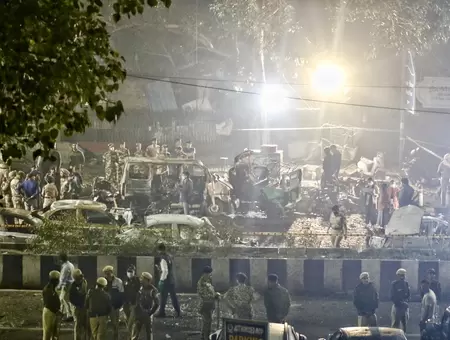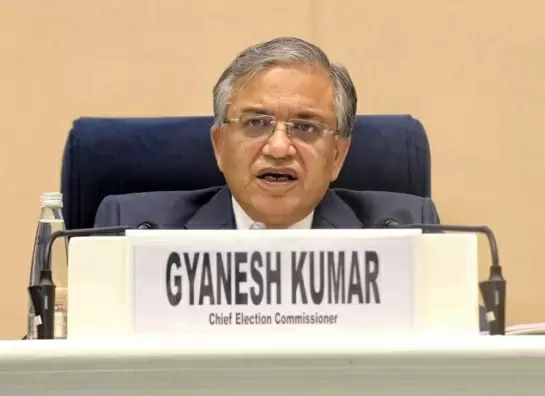Kolkata Startup Replaces 7 Million Plastic Containers, Now Clocks Rs 2.5 Crore Turnover

Partho Burman
|
20-June-2025
Vol 16 | Issue 25
When Sagnik Mukherjee and his wife Madhumita started a home-based food delivery business in 2020, they were focused on serving good homemade meals from their kitchen.
But something about the way the food was packed kept bothering Sagnik. He was uncomfortable using plastic containers for deliveries, knowing they were harmful to the environment. That concern led them to take a new direction - one that would soon grow into a much bigger and more responsible business.
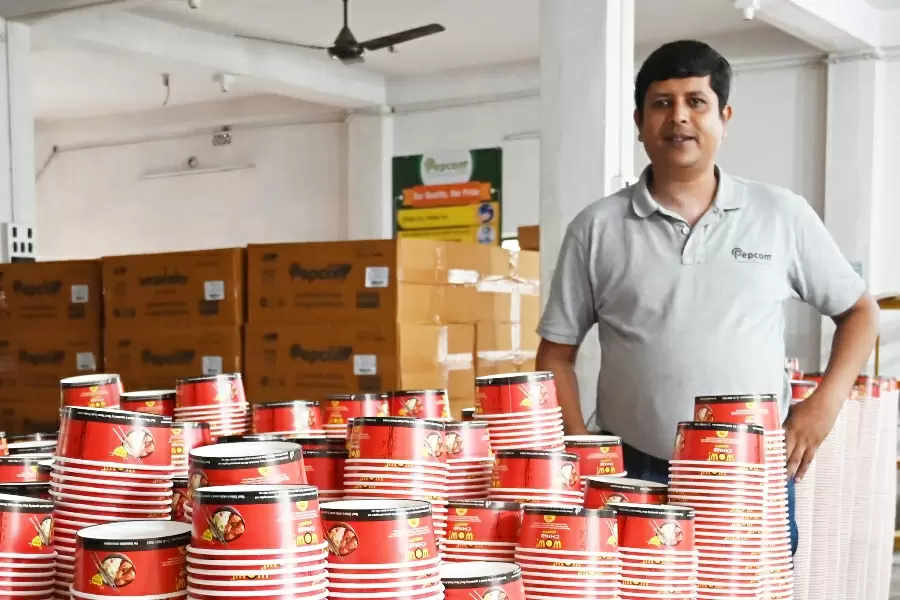
| Sagnik Mukherjee, who once ran a home-kitchen food service, now leads Pepcom India, a growing green packaging venture (Photos: Partho Burman) |
Their company, Pepcom India, has now become a successful eco-friendly food packaging brand with a turnover of Rs 2.5 crore in 2024-25. The shift from a small home kitchen to a sustainable packaging firm started with a simple question: “What can replace plastic?”
Sagnik, an automobile engineer by profession, started looking for alternatives. He discovered that paper could be a cost-effective and eco-friendly option.
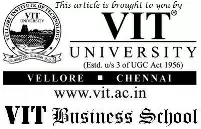
“I found a company in Ghaziabad that made paper containers. Their product was strong and seemed like a good replacement for plastic,” he says. Encouraged by this, he shut down the food business and decided to start something new.
He launched a trading company called Eco Care, which sold paper-based food packaging products like wooden spoons, forks, straws, and coffee cups. But that venture closed down in 2022.
That’s when Sagnik teamed up with his friend Sanjoy Banerjee, also an automobile engineer, who was working with Hero MotoCorp. They had met in 2019 and bonded over a shared concern about plastic waste. Together, they decided to start a unit to manufacture recyclable paper bowls.
They invested Rs 1.5 crore in the new business, with Rs 50 lakh coming from their own pockets and the rest through a bank loan under the Stand-Up India Scheme.
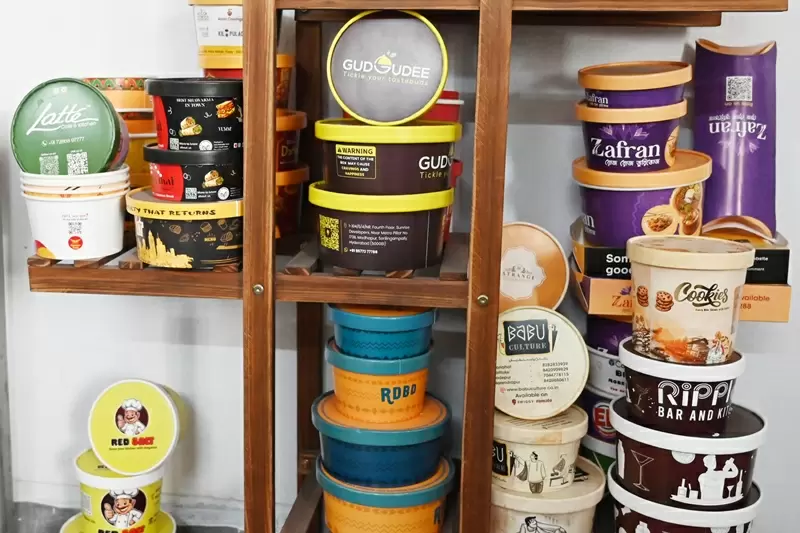
| Pepcom’s biodegradable food containers are used by brands like Wow Momo, Chowman, and Hotel Sonar Bangla |
On April 8, 2022, they co-founded Pepcom India Private Limited, a sustainable food packaging company based in Madhyamgram, just 7 km from Kolkata Airport, where they would create eco-friendly, plastic-free food containers.
In just two years, Pepcom has grown fast. In 2023-24, the company posted a turnover of Rs 2 crore, and in 2024-25, it increased to Rs 2.5 crore. The company produces 3.5 million biodegradable containers every month using recyclable, repulpable, and compostable paper.
“We have already replaced around 7 million plastic containers - that’s about 300 tonnes of plastic,” says Mukherjee. “Our containers are leak-proof, non-toxic, and food-safe. They can be custom-branded too.”
Pepcom supplies to over 100 clients in 15 cities through 20-25 distributors. Their customers include Wow Momo, Wow Kulfi, Rang De Basanti Dhaba, Bhooter Raja Dilo Bor, Bawarchi, Babu Culture, Calcutta Eatery, The Royal Unicorn, Chowman, Hotel Sonar Bangla, and Gajanand Pauva House in Gujarat.
Their containers are designed to hold both hot and cold items, from biryani and gravies to sweets and ice creams. The paperboard comes from ITC and is FDA-approved. “It has a barrier coating and doesn’t tear or bend with heat or moisture,” Mukherjee explains.

| At Pepcom India’s Madhyamgram facility 50,000 eco-friendly containers are made daily |
Pepcom currently offers nine SKUs in sizes ranging from 200ml to 1250ml. The smaller sizes are used for dal, desserts, or curries, while the larger ones are used for rice and biryani. “We have three types of containers just for biryani and they come in 750ml, 1000ml, and 1250ml sizes,” says Mukherjee.
At their 8000 sq ft factory, Pepcom produces 50,000 containers a day using three machines - two for making bowls and one for making lids. The machines can produce up to 2200 containers per hour. The team includes 16 workers, with eight in the labour force.
The unbranded bowls cost between Rs 2.45 and Rs 5.10. For branded versions, an additional Re.1 is charged. Lids are priced at Rs 2.30 and Rs 3.25, depending on size.
The manufacturing process involves printing on paper using vegetable ink, then punching it into different sizes. After that, the bowls are shaped using heat without using any glue or plastic.
“Every container goes through a leak test. If any defect is found, it’s sealed and made stronger,” says Banerjee.
India’s food and beverage packaging market is growing fast. By 2029, it could reach US$ 49.27 billion. The sustainable packaging market is also expected to grow to US$ 11.1 billion by 2025. D2C food brands are booming too, and could hit US$ 68 billion by 2030.
Pepcom plans to launch more products like larger bowls, burger boxes, and roll boxes. New machines are being installed to support this expansion.
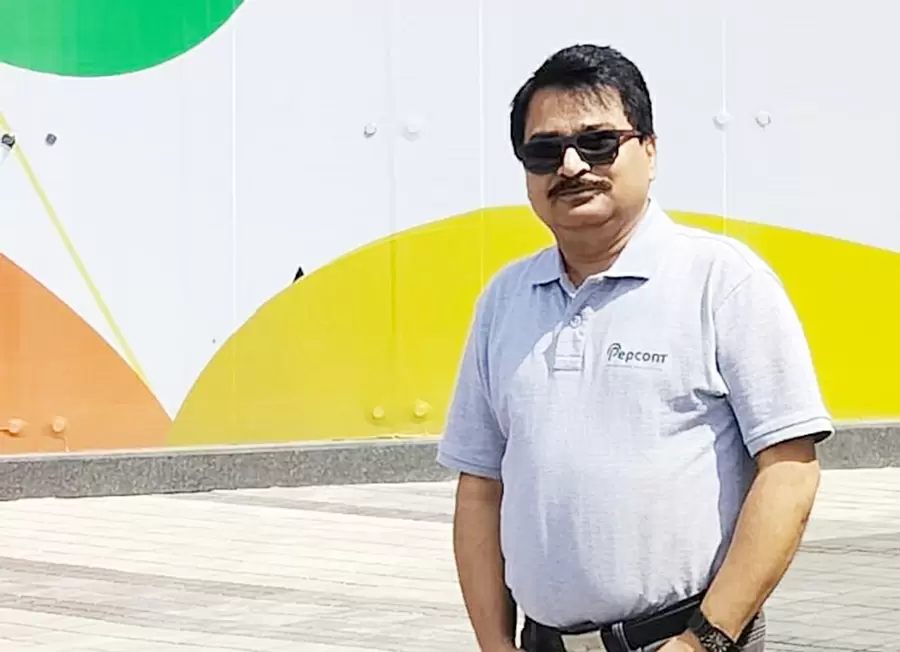
| Sanjoy Banerjee, co-founder of Pepcom India, handles marketing and operations |
“We are also partnering with Travel Food Services and Biryani by Kilo. Our products will soon be available with them too,” says Mukherjee.
Mukherjee, who grew up in Asansol, studied at the Ramakrishna Mission School and later did his automobile engineering at Bengal Institute of Technology in Katwa. He worked with Mahindra from 2006 to 2020.
Banerjee, who handles marketing, was born and raised in Dum Dum, North Kolkata. He studied at St Mary’s Orphanage & Day School and graduated from Dum Dum Motijheel College. A cost accountant by training, he worked with Hero MotoCorp for nearly three decades. Like Mukherjee, he also has a passion for music.
Together, they have built a business that’s not just profitable but also good for the planet. - ©TWL












